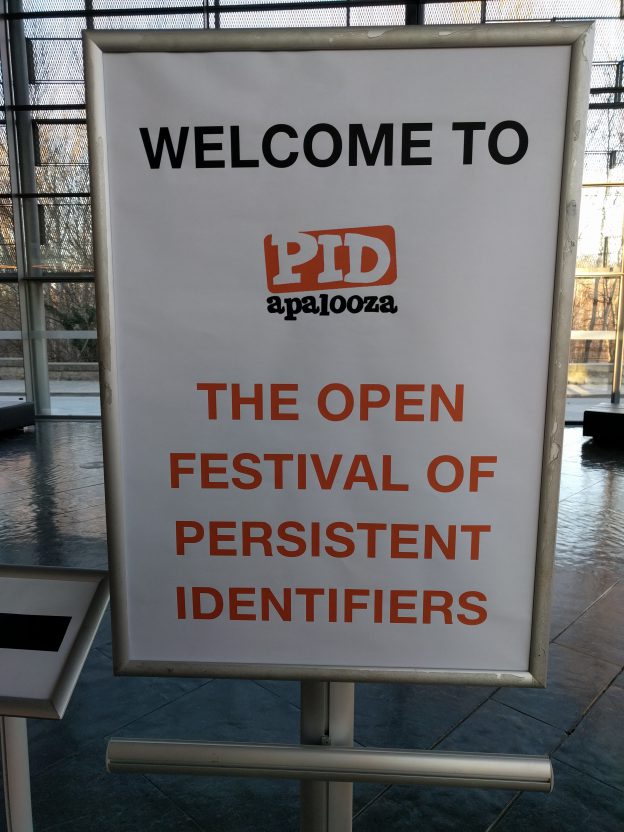Jisc’s mission is to enable people within the UK Higher Education, Further Education and Skills sectors to perform at the forefront of their practice by allowing them to fully exploit digital content and connectivity. As a former research manager now working at Jisc, I am aware that there is sometimes a lack of knowledge among […]



